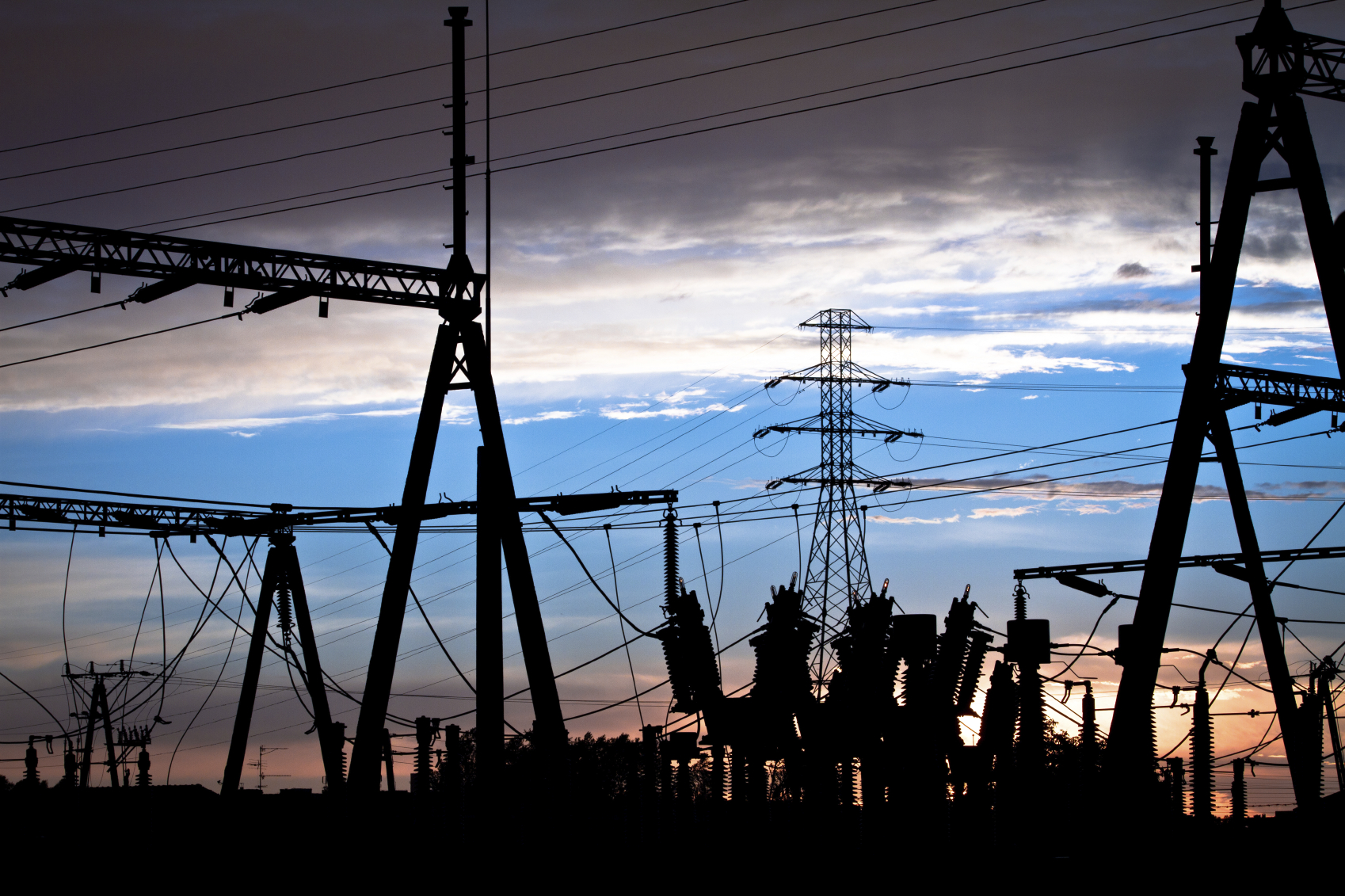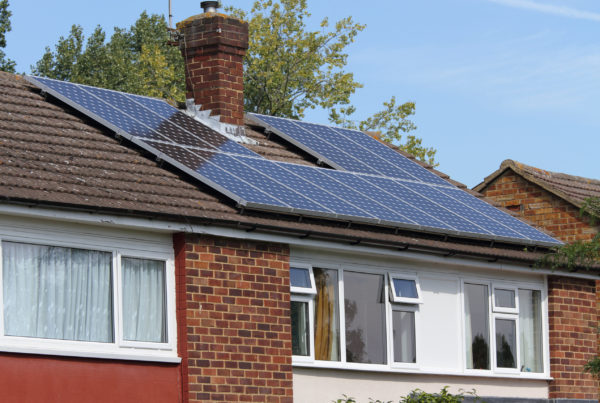
Smart Grid – what a tantalizing concept. For an energy efficiency program guy like me, it brings visions of improved efficiency, lower cost for consumers, and increased reliability. The ex-utility side of me starts to shake with the potential. But what is it really? My experience tells me that current control technology can have a significant impact on the energy consumption of a facility. The term Smart Grid is very mushy and subject to the person using it. But for now, let’s use “Smart Grid” in its most encompassing format. Just for fun, I googled Smart Grid and got over 13,300,000 hits.
Basically, “Smart Grid is a digitally enabled electric grid.” It means providing electric meters at customer premises that continuously measure energy consumption, a communications network that transmits energy consumption data to the utility and the consumer, and network automation that can act on the data received in real or near real time. Smart Grid transmits information in both directions where as dumb grid may not transmit information to the utility at all – it provides an isolated reading of energy consumption only.
So, how will this benefit consumers? Here is what the experts say:
- The Smart Meters in a home or business indicate how much energy is being used now or at least a shorter previous time frame such as a day. This will allow scheduled energy use to take advantage of time-of-use rates and to learn which appliances or equipment use the most energy, and thus get more efficient models.
- Communicate with appliances and equipment within a home or business which allows for more accurate scheduling and control of energy use.
- Take advantage of on-site generation such as photovoltaics or wind. More accurate metering will allow appliances and equipment to be used in conjunction with generation or consumers can sell energy back to the grid when prices are favorable.
- Shorten outages as the communicating meters will be able to more accurately determine the location of the trouble and isolate it, making outages shorter and less global.
The bottom line is, Smart Grid provides information to consumers that allows them to take charge of their energy consumption and reduce cost in ways that have never been available to other than large electric users.
Sounds great, but the cost will be enormous. The benefits to utilities will be huge as well, through more efficient use of the grid, utilization of assets and potentially avoiding new facilities entirely. Unfortunately, most of these benefits come from monetizing environmental impacts and emissions reductions which make them subject to criticism and attack.
Lastly, not everyone wants the Smart Grid. Some utilities are encountering major opposition from individuals and ad hoc groups that claim the smart meter RF communications are harmful. Others do not want Smart Grid because they fear their privacy will be compromised. Lastly, some do not want to actively control their energy consumption and do not want the cost of wide scale deployment covered in the electric rates. A recent survey found that roughly one in ten consumers didn’t want to manage their electric consumption, but one in ten wanted Smart Grid to provide more information. Of course there is a substantial undefined majority between the two extremes.
When all is said and done, it may be small and medium businesses that benefit the most from smart grid. They will have access to information on how they use electricity and the means to exercise control.




